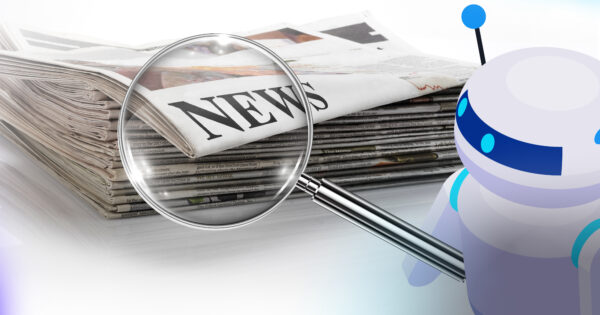Adweek's weekly AI roundup covers the latest news, regulatory proceedings, and business developments centered around generative AI.
Here's what happened this week.
On the policy and legal side:
- The UK's competition watchdog, the Competition and Markets Authority (CMA), has published a report on 'responsible' generative AI and how people and businesses can benefit from the use of the technology. It consists of seven principles to ensure consumer protection and market competition while leveraging AI.
- According to the Washington Post, prominent authors including George R.R. Martin, John Grisham, and Jonathan Franzen are suing OpenAI for copyright infringement. The authors claim that OpenAI's ChatGPT is copying their copyrighted material without permission. They are seeking a permanent injunction and compensation for lost license fees. “At the heart of these algorithms is large-scale organized theft,” the complaint states.
In terms of brand and technology:
- A generative AI assistant is coming to Wall Street: Financial company Morgan Stanley has announced the AI @ Morgan Stanley Assistant, built with software from OpenAI, available to financial advisors and their support staff, reports CNBC. This tool supports financial advisors with quick access to a vast database containing approximately 100,000 research reports and documents. Advisors should prompt questions with complete sentences rather than relying on keywords.
- The Estée Lauder Companies has entered into a strategic partnership with Google Cloud to discover new generative AI use cases across brand sites. This includes gaining a deeper understanding of consumer sentiment, getting real-time feedback to create relevant content, expanding research and development efforts, and more. The cosmetics brand is building a new generative AI business application on Vertex, Google Cloud's AI platform, to streamline business operations and reduce costs.
- TikTok is introducing a new way to label AI-generated content, the company announced in a blog post. The platform already includes guidelines requiring creators to disclose if their content was created using AI tools, but the new feature will require creators to turn on the label feature. This way, people will know that the photo or video was created through AI software. Social media platforms are also testing ways to automatically label AI-generated content. “This reminds me of the increased transparency in the industry when the FTC introduced the use of #ad,” said TikTok creative and his marketing partner Sapphire, co-founder of his studio. said Thomas his Marr. However, the AI label “will not have a significant impact” [on brands]'' said Ma. “Because this label won't change anything other than having a big label that helped put together what AI releases.”
1 2
Add A Comment



